When Novak Djokovic won his second United States Open singles title in September, the tennis star could have celebrated in a manner consistent with his diet by heading up the Grand Central Parkway in Queens to Citi Field, where the Mets offer gluten-free concession-stand options such as turkey burgers and sweet potato chips.
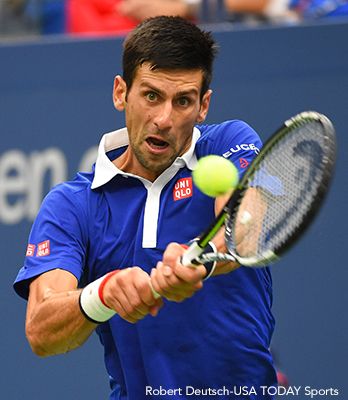
Djokovic, who won his sixth Australian Open title on Jan. 31, says his gluten-free diet is one factor in his rise to No. 1 in the world. For a change, the buzz around improved performance centers on what athletes are not ingesting.
The Yankees' Mark Teixeira credits a similar regimen for the rejuvenation of his career last season, as does Christie Rampone of the United States women's national soccer team, who is going strong at 40. It is also a basis for why Justin Pugh, a Giants offensive tackle, says he has more energy than ever before.
They are among the growing number of athletes who have attributed at least some of their success to changes in their diets. Many are no longer eating gluten, a protein found in wheat, barley and rye. Those ingredients are typically found in beer, bread, cookies, pasta and pizza, among other common foods.
While athletes decided to go gluten free as part of a healthier lifestyle, some also do so for medical reasons. Rampone said she developed autoimmune conditions after the birth of her youngest daughter, Reece, in 2011, and switched to a gluten-free diet.
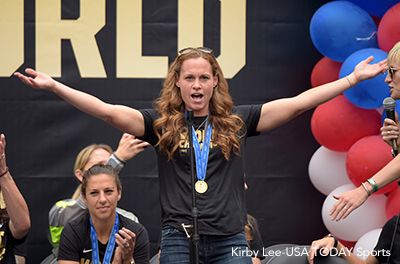
"That was a start, trying to figure out how I can stay healthy and go forward and still train at this level," she said. "It's been truly amazing for me."
Djokovic, 28, chose to go gluten-free because he learned that he was intolerant to it, according to his agent, Edoardo Artaldi. Djokovic's diet now consists mainly of fish, vegetables, fruit and maybe chocolate for dessert. Since adopting the diet in 2010, Djokovic claimed he felt healthier and lighter on his feet and digests his food better.
Teixeira, 35, told The New York Times that eliminating gluten as part of a diet designed by a nutritionist has helped him recover from wrist surgery that he had in 2013.
"I knew I had to address inflammation," Teixeira said. "That's what I did. It’s allowed my body to feel better, to work out harder."
With 31 home runs and 79 RBI after 111 games, the reinvigorated Teixeira was a candidate for the American League Most Valuable player award before he hit a foul ball off his leg and fractured his shin to end his season.
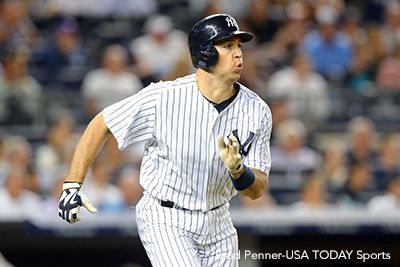
Pugh, a 6-foot-4, 300-pound offensive tackle, made the diet change during the off-season.
"I know since I've stopped it, I've felt a lot better," Pugh said about avoiding gluten. "I feel good about it, and I'm going to continue it."
Pugh, 25, takes his diet change so seriously that he has a cook prepare a gluten-free menu. Salmon and other fish caught in the wild are featured dishes. He avoids previous favorites such as pizza, hoagies and cheese steaks. Pugh goes beyond the physiological to the philosophical with his food.
"If you are going to put McDonald's and all that stuff into your body, you're going to perform at that level," he said. "If you put good things, good proteins, you're going to feel much better."
While athletes claim to feel better and perform better on a gluten-free regimen, some medical experts are skeptical of such diets, unless the person has an undiagnosed illness such as celiac disease, in which damage is caused by eating gluten.
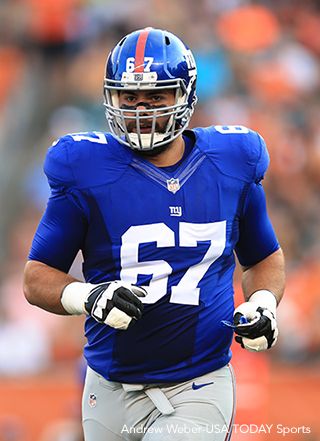
"It's not real clear," said Dr. Peter H. R. Green, the director of the Celiac Disease Center at Columbia University who has studied gluten and diets since 1990. "There may be a placebo or a nocebo effect."
With a placebo, a person can feel better after ingesting an inert substance because they expect to feel better. In the nocebo effect, a person feels worse after having a harmless substance.
So eating or avoiding certain foods can affect how people feel even though there is no physical basis.
Usain Bolt, the sprinter, is known to eat Chicken McNuggets before competing, while NBA star Paul Pierce favors peanut butter and jelly sandwiches before games. Those are cases in which eating particular foods and avoiding other meals make athletes feel better mentally and demonstrate the possible advantages of mind over menus.
However, food choices can make a significant difference if illness is involved.
"If you've got celiac disease, a gluten-free diet can turn you around," Green said.
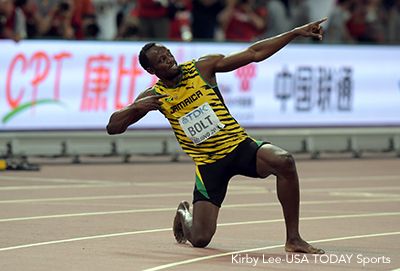
Celiac disease is a condition that creates inflammation and damages the lining of the small intestine. This prevents the absorption of components of food that are important for staying healthy. The damage is caused by a reaction to eating gluten.
NASCAR driver Patrick Staropoli is among the sports figures who have celiac disease.
"Some people who go on a gluten-free diet and notice a change in symptoms, a resolution of whatever is going on or a resolution of fatigue, they could actually have celiac disease," Green said.
There are other conditions that can benefit from a diet change.
"If you don't have celiac disease, there is evidence that some people with irritable bowl syndrome are gluten sensitive," Green said. "Otherwise, there really is no physiological reason why a gluten-free diet would make people have more energy."
He noted that he has treated members of the United States cycling team, and they were also following gluten-free programs.
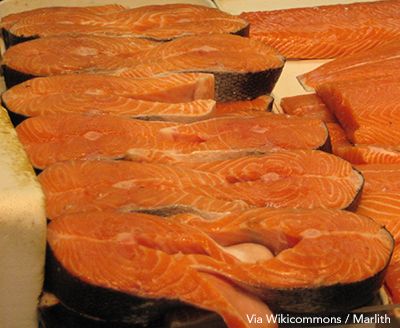
"It's a common consideration among athletes," he said. "But it's a psychological advantage to my mind."
Dr. Green says athletes who go gluten free might be masking their health condition.
"There's a whole lot of issues with what is gluten sensitivity," Dr. Green said. "Currently, gluten sensitivity is a self-diagnosis. People withdraw foodstuffs and find that they're better. They self-identify gluten as being an issue. So you have to attribute it to the placebo effect. They have an undiagnosed illness. They should test for celiac disease before they go on a gluten-free diet, because you're never going to diagnose it after gluten has been eliminated from the diet."
Other experts say that when athletes avoid buying gluten products, there is a positive byproduct: An overall healthier diet, even though there is no published research indicating a gluten-free diet benefits the general population.
Luke Corey, a dietitian for Exos, which creates sports performance and nutrition training programs at Mayo Clinic Sports Medicine in Rochester, Minnesota, said the change in menu benefited an athlete's health and fitness even if he or she did not have a problem with gluten.
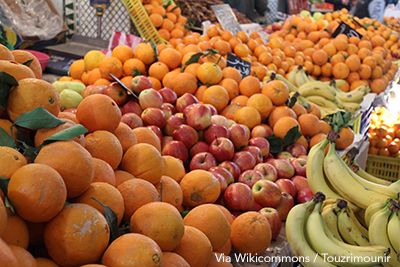
"The main thing is the change in the overall diet," said Corey, who has worked with athletes of all ages and abilities, amateurs and professionals, including players from the NBA, NFL, NHL and Major League Baseball.
"It wasn't necessarily the fact they eliminated gluten from their diet," he said. "It was the fact that they started to remove the unhealthy, highly processed foods that are not very nutritious and replacing them with foods that are better quality and more nutritious."
The athletes Corey treats who avoid gluten generally eliminate white bread and white pasta, cookies, desserts and snacks that contain wheat.
"They are not the healthiest foods for you," he said. "Then you introduce more nutritious foods, and it makes a big difference with their health and performance."
When Corey talks about the more nutritious food, he sounds like any parent at the dinner table.
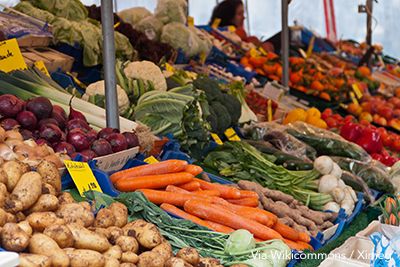
"The biggest addition is fruits and vegetables," he said. "I've worked with hundreds and hundreds of athletes. A lot of them don't eat enough fruit and vegetables and beans and lentils, which has a huge impact on how you perform."
While debate among athletes and diet experts may continue as to whether going gluten free is a placebo or a panacea, the dispute won't discourage those who think they have found a game-changing advantage. Pugh, for one, can only shake his head at his doubting teammates who chow down at the buffet table.
"Half of them don't even know what gluten free is," he said. "So I don't even worry about it as long as I feel good."
-- Joe Brescia is on staff at The New York Times and is the author of "Sports Interviews: Quick Chats With The Stars."




